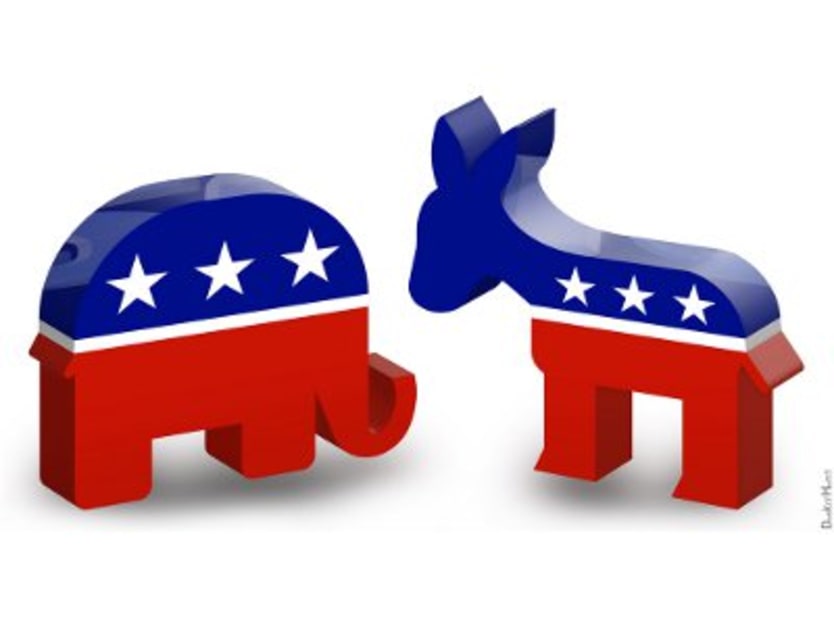
In the United States, presidential elections are in full swing. The two main political parties have a different tack on foreign aid, according to their political platforms. Most notably, Democrats hope to increase aid spending while the Republicans want to restrain it.
A top adviser of the Republican standard bearer did tell Devex: Mitt Romney broadly supports development cooperation. So, a doomsday scenario where the foreign aid budget is drastically cut and the U.S. Agency for International Development may not be realistic, after all.
But what about Republican and Democratic voters: How do they perceive the U.S. foreign aid program? Do they want to increase or cut U.S. development spending overseas?
“Contrary to conventional wisdom, the foreign policy opinions of Americans in ‘red’ and ‘blue’ districts are remarkably similar,” according to a new study by a U.S.-based think tank, the Chicago Council on Global Affairs. “In fact, they are remarkably similar: there is an important difference on only four of the eighty-five questions, while Americans’ opinions coalesce in similar ways on all other questions.”
The study is based on the latest in a series of surveys commissioned by the think tank to assess public opinion on U.S. foreign policy.
Economic aid to Africa is one area where the two groups of voters share a similar view. According to the study, the majority of both Democrats (71 percent) and Republicans (65 percent) support increasing or maintaining U.S. economic aid to countries in the region. They tend to agree that the United States should maintain its level of aid for Israel, a long-time ally in the Middle East.
Democrats and Republicans also share views on Afghanistan and Pakistan: Most said U.S. aid should decrease or stop. Support for aid to Afghanistan, Pakistan and Egypt has dropped since 2010, when the survey was conducted last.
More similarities: A majority of both Democrats and Republicans believes U.S. foreign policy should protect jobs at home, reduce the country’s dependence on oil and prevent the spread of nuclear weapons.
Of course, there are divergences: More Democrats support climate change mitigation, efforts to combat hunger, and a stronger United Nations. Also, more Democrats believe the United States should increase or maintain its aid for Egypt.
This is the latest in a series of surveys and reports that appear to dispel the notion – oft-cited by conservative lawmakers – that the U.S. public opposes foreign aid. The United Nations Foundation, for instance, has found strong support for the global body in its twice-yearly surveys. The Brookings Institution, meanwhile, noted in a 2011 policy brief that “political opposition to aid spending does not arise from the American public.”
Politicians from both sides of the aisle – and aid advocates – should take heed.
Search for articles
Most Read
- 1
- 2
- 3
- 4
- 5








